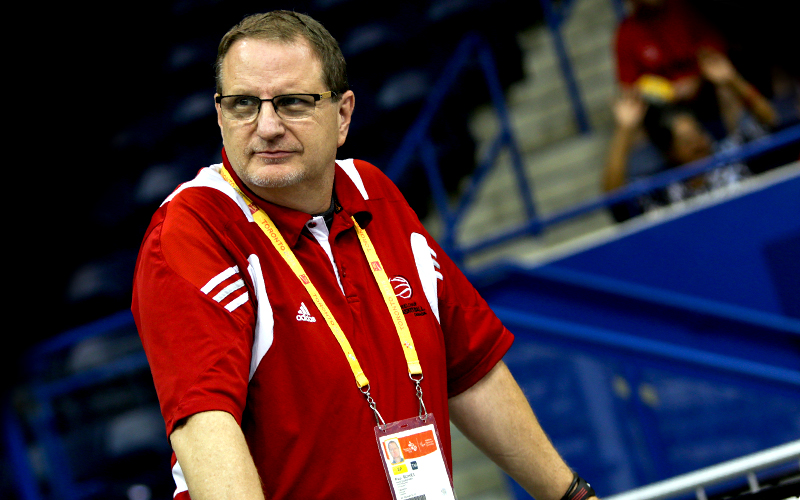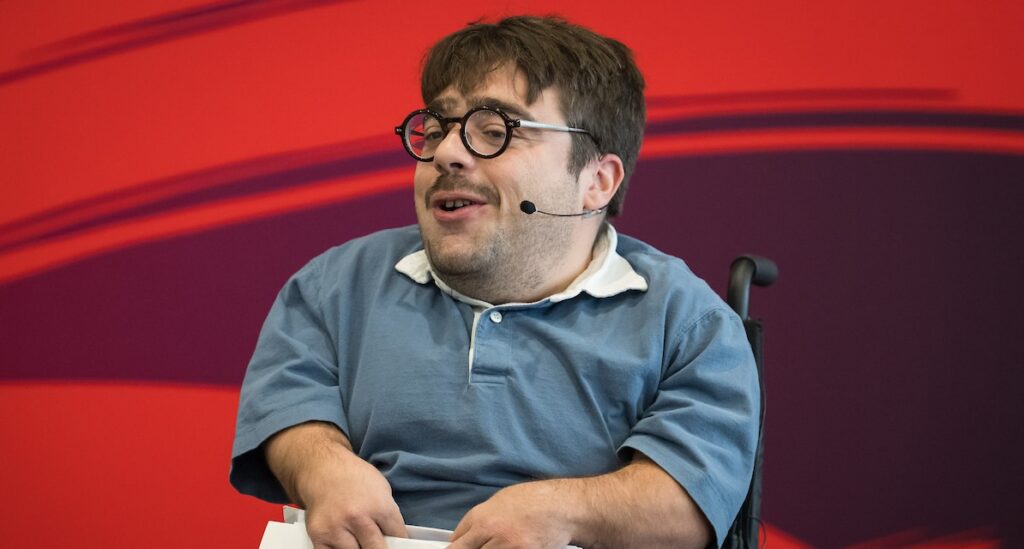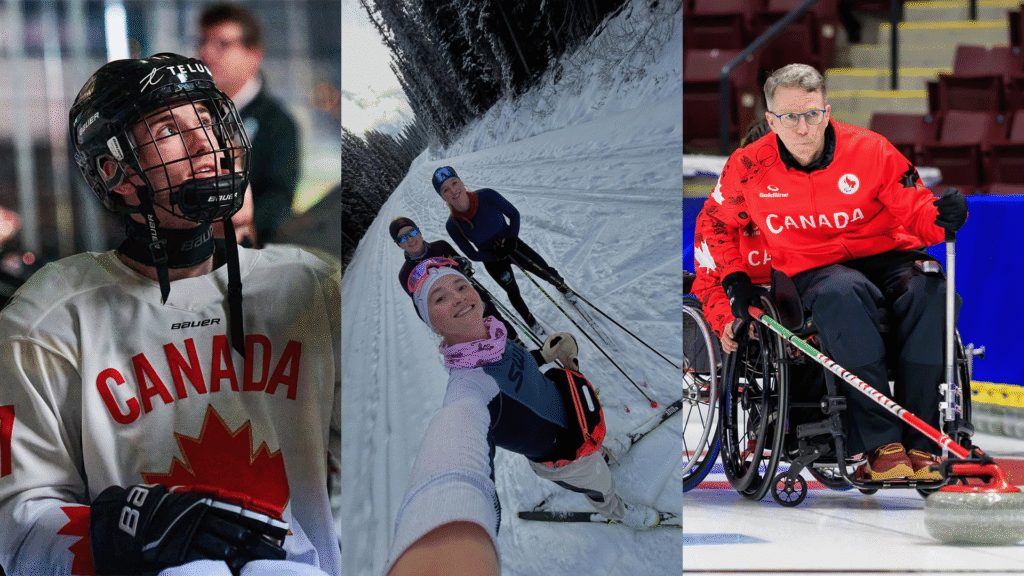Paul Bowes: lessons learned, lessons taught
Wheelchair basketball legend inducted into Canadian Paralympic Hall of Fame

Photo: Wheelchair Basketball Canada
WOODSTOCK, Ont. – When Paul Bowes started his legendary coaching career it was to support his stepson, Jason. The teenager lost both legs in an accident in 1984 and afterward turned to wheelchair basketball.
Fast forward 38 years later and Paul Bowes is headed to the Canadian Paralympic Hall of Fame.
In 1987, Jason’s team needed a coach and despite his initial hesitation Bowes grabbed a clipboard, chalkboard, and whistle to help out his stepson’s team. Coaching wasn’t totally foreign to Bowes. Since he was 14, he’d already coached hockey and broomball and was also a golf caddie.
‘’My son asked me if I would coach them, and I said, I don’t know anything about basketball,” recalled Bowes, a Senior Arbitrations Officer for Ontario’s Ministry of Transportation for 33 years. “It’s the one sport that I did not play. The players taught me the game, and I taught them all that I knew from my experience about philosophy, sportsmanship, leadership, accountability, and communication.’’
Bowes has dedicated his life to developing generations of wheelchair basketball players. Some went to the Paralympic Games, others to the Parapan Am Games, some surely played for their local and provincial squads, and others just learned to enjoy the sport as a recreational activity and a means to stay active.
‘’My father was a coach, and was one of these guys that parents would phone up and not just ask for coaching, but ask if you could maybe mention to kids to clean up their rooms or to do their chores,’’ said Bowes. ‘’My dad and mother were a great influence on me being a players’ coach with a sense of humour as well.’’
Of course, if Paul Bowes is in the Canadian Paralympic Hall of Fame, it means he enjoyed success at the highest levels of the sport. He joined Team Canada as a mentor coach in 1992 and by 1996, he was an assistant with the men’s national team. He would be on the coaching staff for five Games.
This was the glory period for the squad. With star players like Patrick Anderson, Joey Johnson and Richard Peter, Canada was the best team in the world and won Paralympic Games gold in 2000, 2004 and 2012.
‘’Even in 1996 we were a good team, but in 2000 we just took it up to another level, and we were a very good team, but we were also well respected,” Bowes said. ‘’The coaching staff led by Jerry Tonello was able to teach the players how to play the game respectfully, even though we were that much better than a lot of teams at that time.”
One of his best memories from that period was from a rival coach who lauded the Canadians after a game.
‘’He said ‘Canada plays the game in a way no other team does with dignity.’ We wanted our players to represent Canada not just as athletes, but with respect.
‘’That mattered more than medals.”
Bowes would branch out later on in his career. He coached the women’s wheelchair basketball program in Ontario, helped the women’s national team in its Paris 2024 preparations, and was that squad’s head coach at the 2023 Parapan American Games in Santiago where it won silver.
He coached in the German professional league and traveled to Nepal with the Red Cross where he taught the sport using old chairs and with a limited supply of basketballs.
‘’My focus was the same,’’ he said. ‘’Treat athletes with care, teach them to respect the game, and help them find joy in playing it well.’’
One of his proudest moments in sport was being part of Team Canada’s coaching staff at the Invictus Games from 2017 to 2025. He was invited to coach by Soldier On, and was one of the few civilians guiding military veterans through competition. He coached not only wheelchair basketball, but also wheelchair rugby and Para table tennis.
‘’It was one of the biggest honours of my life,’’ he said. ‘’Serving those who have served. And, boy, they taught me a lot, and it was just an amazing experience. It was a career highlight.’’
Today Bowes is in his 37th year as head coach of the London Forest City Flyers, his first wheelchair basketball team. Facing a cancer diagnosis he continues to mentor young athletes not for wins, medals or trophies, but for the love of the game and the love of people.
“Teaching is about fundamentals. Coaching is about getting the best out of people. And athletes don’t care how much you know until they know how much you care.”
It’s that philosophy that ultimately put Bowes in the Hall of Fame.



"*" indicates required fields
"*" indicates required fields